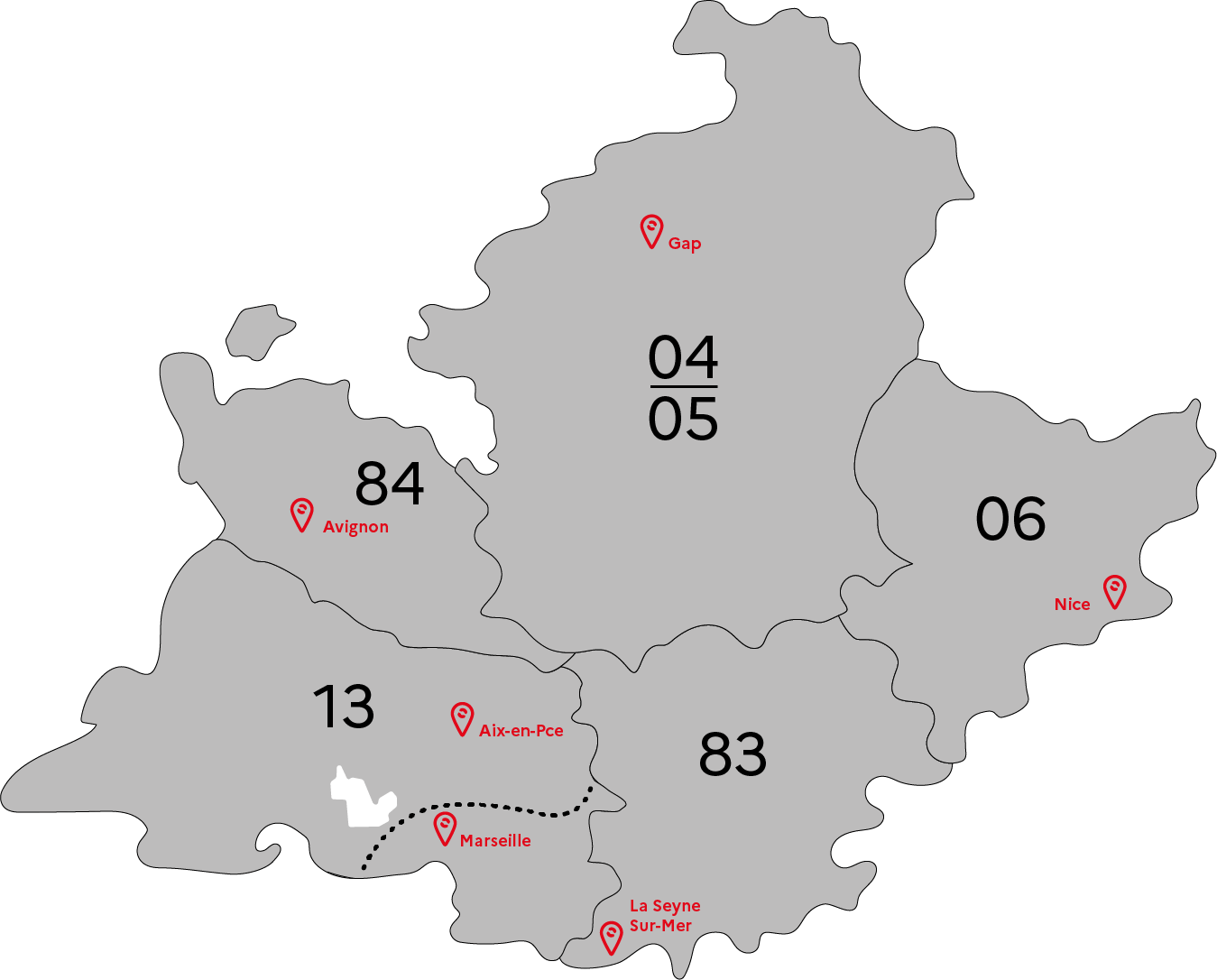The training must enable the trainee to achieve one or more objectives linked to the following acquisitions:
- elementary communication (basic reading and writing skills, attitudes and aptitudes in interpersonal relations)
- progress in mastering social and civic skills and the development of daily autonomy through better mastery of language skills
- development of the behaviours required to attend a recruitment interview and take up a job quickly
- a greater appetite for new training.
At the end of the course, trainees should be able to:
- communicate orally using socially used linguistic forms
- have access to the written word (bearing in mind that some trainees have little or no schooling), in particular functional writing and "local" media sources (local newspapers, free press, letters, posters, etc.)
- use the usual functional digital devices and applications.
- Communicate orally in French
Search, identify, gather and process oral information
Formulate and express arguments orally
Interact with familiar surroundings, known or unknown interlocutors on everyday subjects and situations
Communicate face-to-face or remotely in a variety of situations
- Use and produce written work in French
Rendering predictable information from a formatted piece of writing (table, information sheet, schedule, )
Produce a simple, short piece of writing for an audience familiar with the language used
Draft an organised piece of writing that can be circulated
- Process information and produce written messages using digital tools
Use digital devices or applications and associated peripherals and produce simple digital documents
Communicate and exchange. Collaborating in a network
Sending and receiving messages on known media
Obtaining an essential service with a known medium (vending machine, communication device, household appliance, professional equipment)
- Job search techniques.
To master basic oral communication in the French language.
On entry to the course, a positioning exercise identifies existing skills, the know-how built up and effective practices in reading, writing, but also helps to identify people's motivations, the situations in which they encounter difficulties and wish to progress.
.16 people
Positioning upstream of entry to the training course.
Interviews, remediation with the educational referent and/or company referent during the course.
Taking account of beneficiary satisfaction during and at the end of the training course.
For beneficiaries with disabilities: possible adaptation of training and certification arrangements, support by the GRETA-CFA TH referent.
Trainers with experience in individualised learning.
Teachers certified by the French Education Nationale, Bac +3 trainers with significant experience in adult training, professional speakers.
A certificate of proficiency is awarded at the end of the course, indicating a level of language proficiency (A1 to B1).
Collective and positioning information: presentation of the course, round-table discussion, application pack to complete and motivational interview.
Access for people with disabilities
Accessible to people with disabilitiesSatisfaction rate for the January-February 20 session: 99%
Recommendation rate by our former trainees: 100%
GRETA-CFA Alpes Provence
GRETA-CFA Alpes Provence
FORPRO-PACA
Réseau Formation Professionnelle
de l'Éducation nationale
FORPRO-PACA IS HIRING
LINKS
